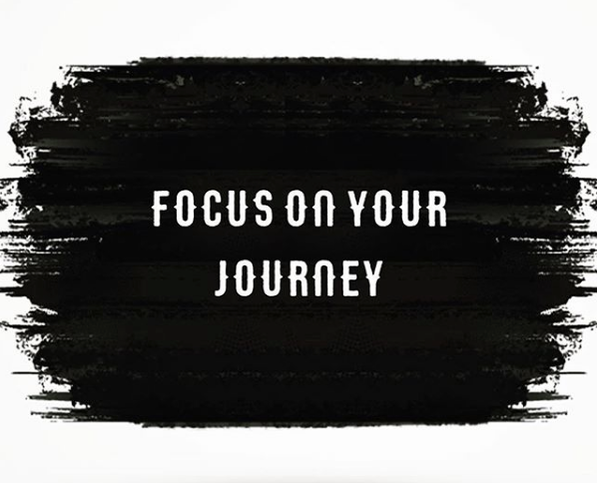Information


Constructive criticism or feedback are essential for our self-development and growth. Although at times it can be difficult to take on board, it’s important to recognize the value feedback brings to your circumstances. Every action that you take in life has a reaction, and this in turn is the feedback received. We can get feedback simply from the reactions of our behaviors or from other people. Regardless who is providing you with the constructive criticism, whether it is your romantic partner, friends, family members, teachers, boss, colleagues and the list goes on, the key to it is what you make of it. Over the years I have learned 3 different ways that have helped me use the feedback I receive in a positive way and I’d like to share these with you, in hope that it will also help you gain a better sense of what you do with the feedback you receive. It’s important to note that these apply only when the feedback given by somebody is genuine and comes from a good intention.
LISTEN TO THE MESSAGE, NOT THE VOICE
One of my greatest life lessons has been to acknowledge that everybody has a unique way of being and that I don’t need to judge that, but instead just simply acknowledge it. Not everybody has a compassionate, empathetic way of delivering information. Some people are quite direct in their approach and when it comes to giving constructive criticism this way, it can sometimes be taken on as a more aggressive type of delivery. Remember that everybody has their own state and how they express themselves can be guided by the current state they are in or can be circumstantial based on your and their energies combined. Instead of paying attention to their attitude and delivery, focus only on the context of their words. Learn to distinguish the difference between what is being said to you vs how it is being said to you. Communication is actually quite complex, and words are only a small percentage that makes up communication. Body language and tonality have a big impact when it comes to communication, but when it comes to constructive criticism, to make the best of the situation, allow your attention on the words and the meaning behind these. The only thing that matters in a situation when you are given constructive criticism is the message you receive and not the voice that brings it to your attention. The messenger is simply there to bring forward the message for you.

When you have identified the context, you will then also understand the lesson that comes with it. Everything in life is simply a lesson that leads towards progression and self-discovery. We develop by acknowledging the lessons we learn and applying them towards better outcomes. The aim of constructive criticism is to bring forward what can be done in order to progress in your current situation, regardless if this applies to a work environment, a relationship or anything else that is part of your personal growth. Learning the lesson takes a certain level of mental, emotional and for some more elevated beings a spiritual maturity. To receive the lesson and actually apply it takes courage, because this shows that you are willing to improve or at least be open to the idea of learning to better your actions. It takes patience, bravery and being humble to accept that you need to change your approach to something. But when you do and are open to the lessons you are being given, you are becoming receptive to new ways of doing things and this can come with new opportunities. So learn the lesson and apply it.
PROCESS THE INFORMATION FIRST
Our egos love to take things personally. In fact it does so with everything. Its main intention is to “protect” us from situations that may seem or feel uncomfortable or challenging. Constructive criticism can come across as both of these, and sometimes you may want to instantly react to what is being said to you. That’s when the ego comes in for your “rescue”, and if your state at the time is more sensitive or reactive, you may feel like you are being attacked and want to defend yourself. It’s wise not to take everything that is being said to you personally and this is when the spiritual maturity can help. When you feel at peace with who you are, very rarely the words of others can make you doubt that. Give your brain time to process the information so that you can understand what is being said to you. Learn to take a step back, process it, acknowledge the feedback and then respond if necessary. You will not always agree with what is being said to you, but you can only decide this if you are patient with your response. When you respond from a good intention and not from a defensive place, you align with your internal power, the kind that can turn any situation into a positive outcome.
Greek philosopher Epictetus once wrote that “It’s not what happens to you, but how you react to it that matters”. If you learn to apply this to every situation you are in, you will realize how much power of choice you have and that you can deal with every situation you are in with a projection that ends up with a positive outcome.